An article from Polygon recently popped up on my feed, “Superheroes Are Scrapping Their Secret Identities, and It’s for the Best,” which makes a case for why superhero secret identities should go away. This sentiment is a rising feeling amongst comic book fans – that the mask and identity it conceals are becoming irrelevant. And the more I hear this, the more I thought about how this sentiment bothered me. The mask is important. I say that because beyond the punching, fighting and risking their lives, the secret identity is a crucial factor in telling compelling stories. To have that just go away is wasting so much narrative potential.
Keeping a Close Circle
Writer Alan Krister’s article is good and goes in-depth into the origins of how secret identities in the comic book began. The piece uses that background to present the idea that the “strict secret identity is fast becoming an anachronism.” That idea that the nature of the superhero has evolved beyond the secret identity and a time where it was the norm. It makes some valid points. Points like the ridiculous lengths heroes go to hide their identity, how the double life aspect can prevent heroes from ever properly maintaining emotional connections or even how sharing that truth can add value to the stories of masked heroes. My problem is that the main argument, the idea of sharing that double life with people close to heroes, is trying to make a case for leaving the whole secret identity behind altogether.
I understand the idea that Krister is trying to convey. In fact, I agree that it’s only natural from a storytelling perspective that the people in these heroes’ lives eventually have to learn who they are. They serve as great ways to prove that these side characters/love-interest can be heroes too and elevate their narrative potential. However, the way the argument is presented is flawed. The mask and the concealment of a hero’s identity are necessary for those stories to even work. So many great stories are built around the idea that this secret will break relationships, put loved ones in danger, or even risk betrayal. Keeping that secret might be cruel and unhealthy to the hero’s mental state but that’s where the dramatic weight of the stories comes from until that pivotal moment where, yes, it’s the right time to pull back the mask and confide in those close to the hero.
Telling the World at Large Is Another Thing
What about the rest of the world? Well, that’s where the idea of getting rid of secret identity altogether ultimately falls apart. Yes, in some cases, plenty of heroes do what they do and the whole world knows who they are outside the mask. However, you see, that’s a privilege that not every hero shares. Iron Man is one of the richest superheroes in the world, with resources and a suit of armor that he can summon at any time. Captain America is a war hero from a different time. History looks at him a bit differently. He has the respect of his government and allies like SHIELD and the Avengers to protect him. The Black Panther is not only a superhero but the king of one of the most technological nations on the planet. You get where I’m going with this.
Those same protections aren’t in place for every hero, especially the street-level heroes with barely a dollar to their name or those that aren’t protected by their governments. It’s a case by case basis. The truth is that taking off the mask can ultimately do more damage to the stories writers tell rather than benefit them. The greatest example is Spider-Man’s arc in the original Civil War comic, which saw the famed wall-crawler tell the world who he really was. It’s a big moment followed by bigger moments but it’s only something that works in stories that are finite. Spider-Man’s story will never end. Nothing that happens in that Civil War sticks because it’s just not in the nature of that character. That’s evident by the fact that immediately after, Spider-Man’s secret identity is haphazardly reestablished in Brand New Day, cheapening the impact of removing the mask in the first place.
Doing away with secret identities in the MCU works so well because its stories are finite. The MCU has also largely avoided characters who hide their identity in the first place. Live-action means that its actors will someday leave the role, and that character’s journey will come to an end. You can do something like reveal to the world that Peter Parker is Spider-Man because you can’t take that back as easily as you would in comics. That reveal paves the way for the eventual end of Tom Holland’s time as Spider-Man and for whatever comes next. Ultimately, Spider-Man’s MCU journey revolves around the importance of his identity and the consequences of it being shattered. We will see how the MCU tackles secret identities more when it starts adapting characters like Daredevil and Ms. Marvel.
Protecting Characters of Color
When you take it even further, you have to think about minority characters and how losing their secret identity would impact them. There are a few characters that work out in the open, like Luke Cage, Adam Brashear, and John Stewart. But then again, Luke Cage is a bullet-proof black man, Brashear is Superman levels strong, and John Stewart is holding one of the most powerful weapons in the universe. Even when you look at characters like Adam Brashear, the loss of his mask has great consequences. The world is not kind to learning that a man this powerful is black and when the government discovers his identity, they essentially shut him down for nearly 50 years.
Once again, stories like Brashear’s only work when unmasking is properly built into the narrative and it’s a point of no return. Most characters of color can’t afford to have their identity outed, as their worlds would crumble. Their stories just wouldn’t work. Miles Morales would be public enemy #1. Hell, Miles already gets shot at with the mask on. Imagine the type of hate Kamala Khan or her family would face if people knew who she was. It’s a tactic much like death in comics. The longevity of those tales are limited, played for shock value, and are reversed just as soon as they are implemented.
Untapped Potential
Yes, superheroes exist in a fictional landscape but those stories are influenced by our reality. Writers have even flipped the idea of the mask on its head. The perfect example is HBO’s Watchman series. The way it reinvents characters like the Hooded Justice is nothing short of brilliant. Also, the way it takes advantage of the anonymity provided to most costumed characters and makes for a contemporary take that expertly critics police brutality and accountability is done so well.
There are so many ways you can make the concept of a secret identity compelling. The duality of the person and the mask provides timeless tales – who we are and who we want to be. A never-dying symbol like the Batman, where his legend is even more important than the man behind the mask. The idea that the mask is the only real protection a hero has, shielding their private life from the dangers of their heroic one. The drama of anonymity and being held accountable. It’s so much potential there, let’s not throw it away just yet.
Want to get Black Nerd Problems updates sent directly to you? Sign up here!
Follow us on Twitter, Facebook and Instagram!


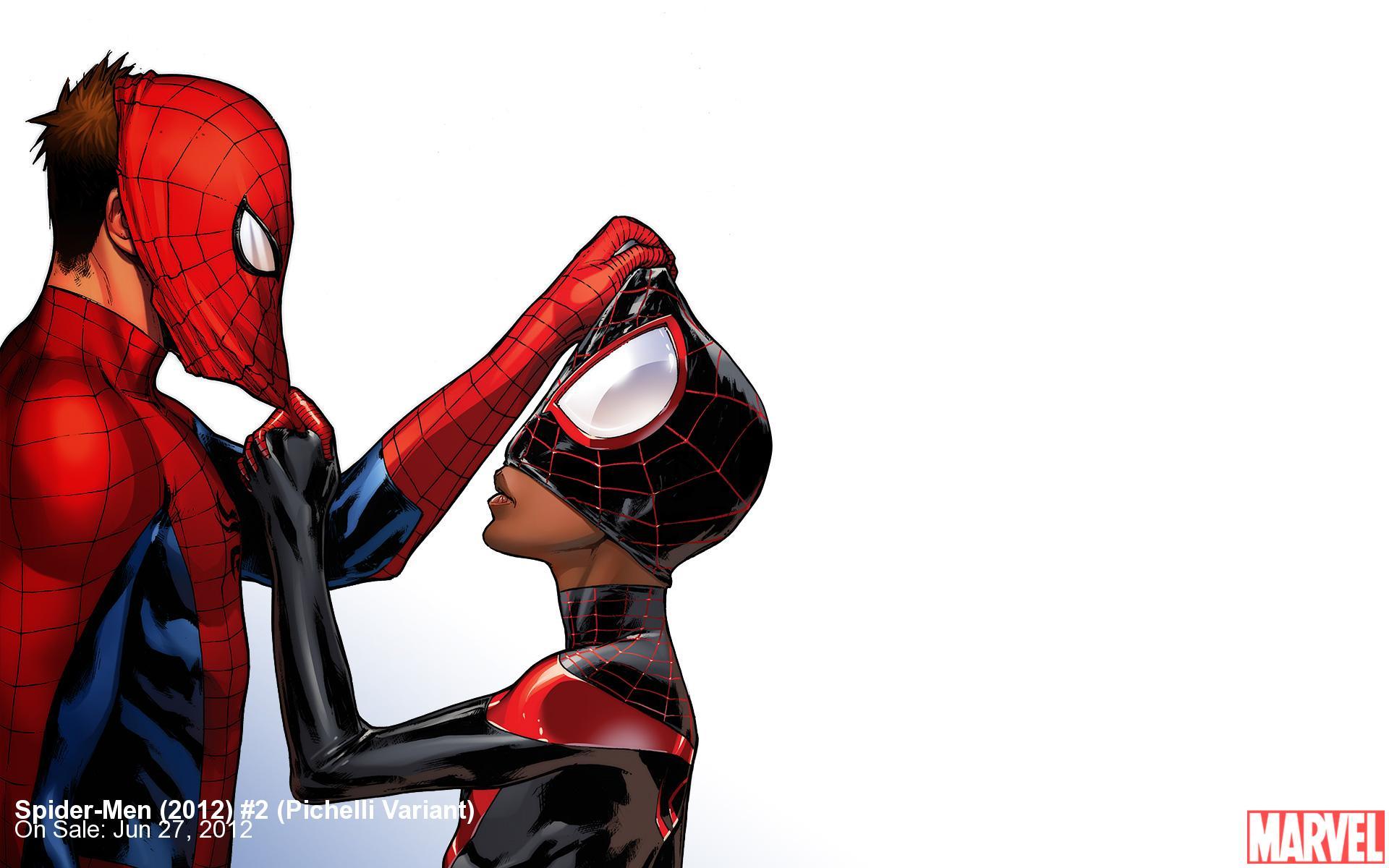
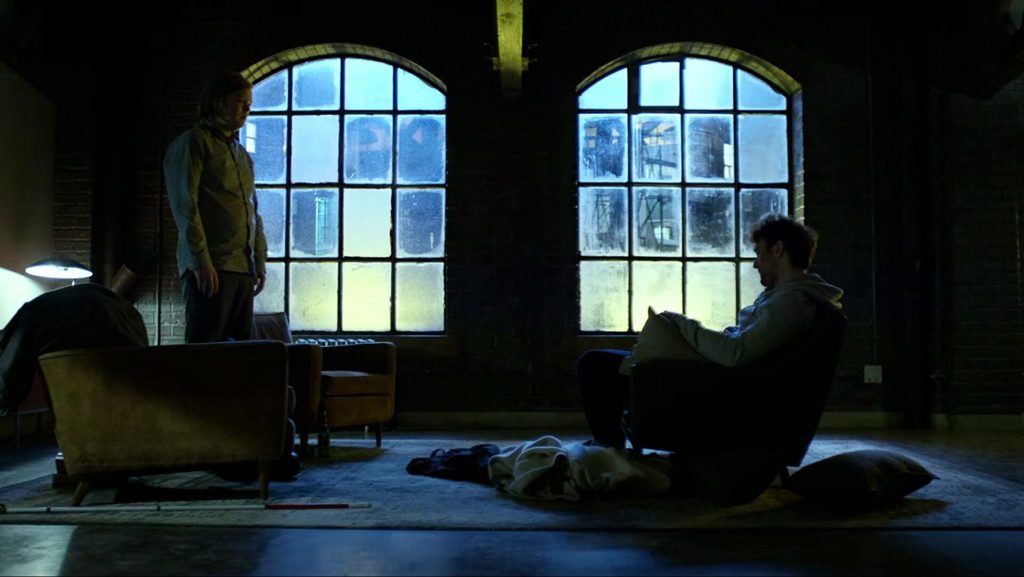
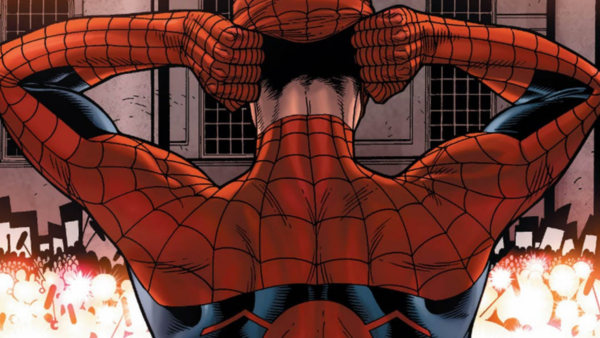
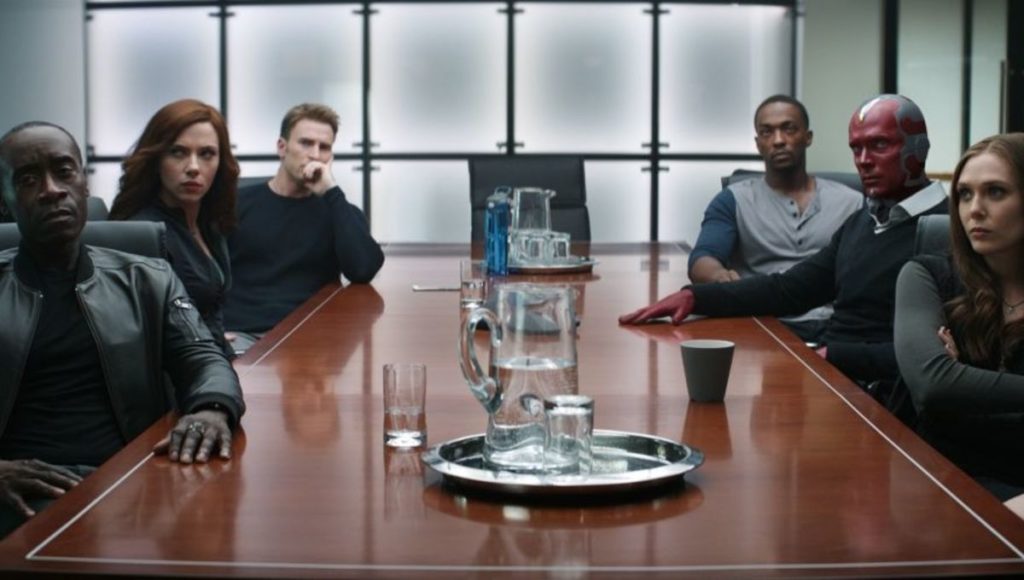
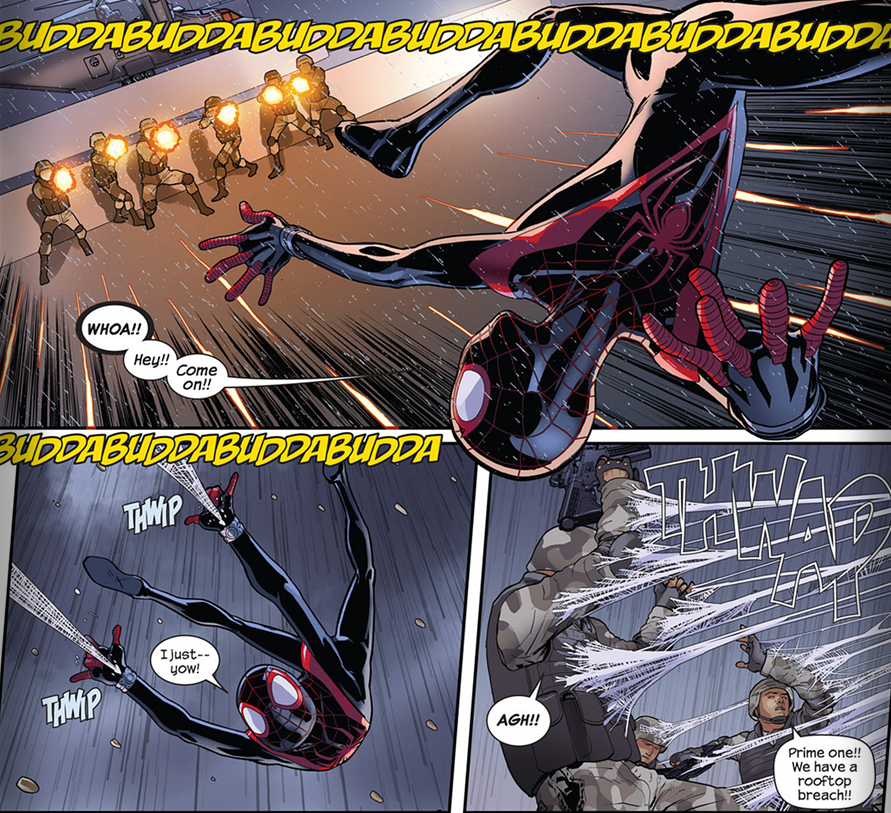
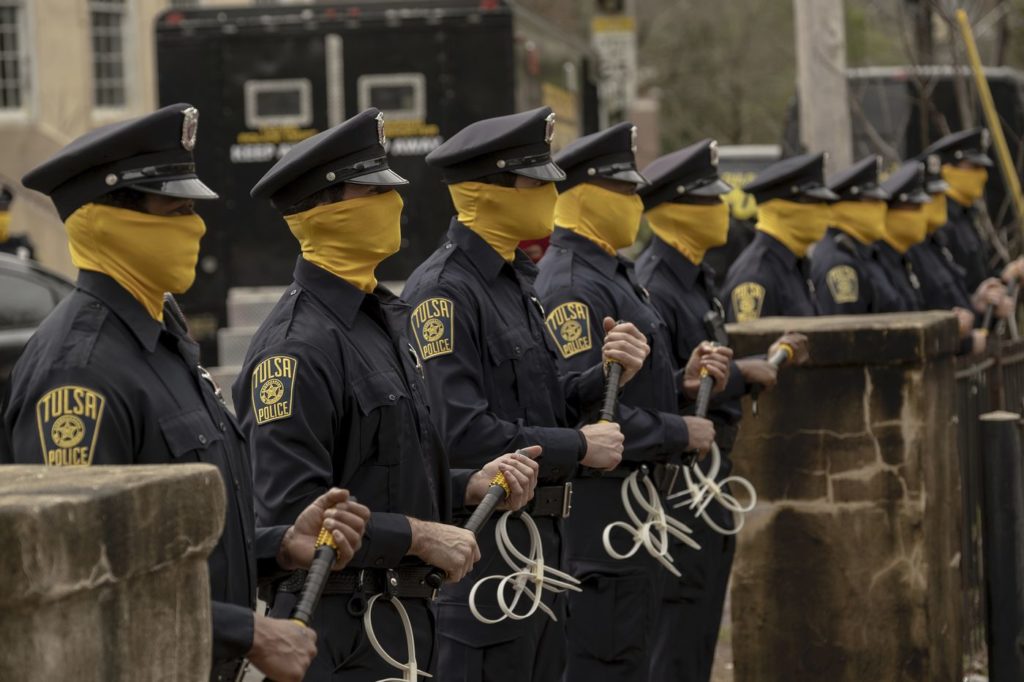
Show Comments